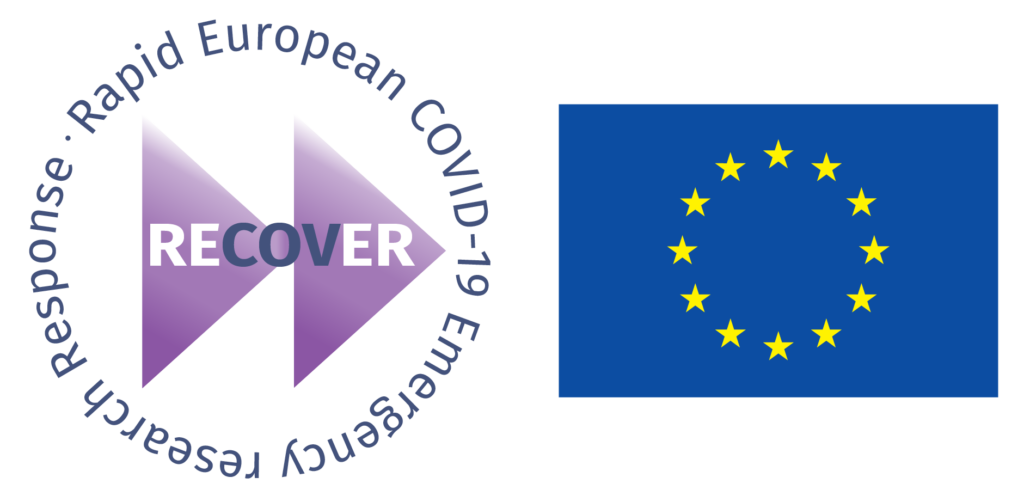01 October 2020
To better understand what working on COVID-19 during the pandemic entails, we have interviewed RECOVER project member Annelies Colliers about her role in the project and day-to-day activities.
What is your role within RECOVER/in the COVID-19 pandemic and what it entails?
Within RECOVER, I am the network facilitator for the Primary Care Studies in Belgium. In addition, I work as a GP for Zevenbergen, a centre for people with multiple disabilities (both mental and physical). My experience there was deeply affected by the COVID-19 pandemic. All our patients have mental disabilities so it was impossible to explain them what exactly was going on. We had to adapt guidelines to try to protect and isolate these patients for about 3 months: as some have respiratory problems, they were in the risk group. Because of their disabilities, healthcare professionals followed them regularly. However, visitors were not allowed and that made it very hard for parents who could not visit their children.
Could you tell us a little bit about the project/work you’re involved in?
What is the expected impact of the work you’re doing?
The expected impact is to learn more on what we can do in primary care for patients who present with respiratory infections, not only for COVID-19. I also hope that the interviews we did with the Social Science team will inspire new policies to respond to the needs from primary care, patients and GPs.
In the context of COVID-19, what are some of things you’ve found easy/challenging to work with?
Easy to work with?
A lot of GPs and patients were supportive and willing to collaborate in the study
Challenging to work with?
In the beginning of the pandemic, we could only talk to patients over the phone which makes an observational study very difficult to conduct. For example, we had to instruct patients through video calls to take their own swaps that were collected by medical students at a later stage.
Do you have any lessons to share for the future?
Listening to patients and GPS is the most important lesson in my opinion. Knowing their needs and experiences can really help us. One thing is sure: the focus on primary care is essential to learn from this COVID-19 pandemic.
About Annelies Colliers

Annelies Colliers is a general practitioner and researcher at the department of Family Medicine and Population Health (FAMPOP) of the University of Antwerp (Belgium). She is currently working on a PhD on antibiotic prescribing quality in out-of-hours care using a participatory action research approach. She coordinated the Belgian primary care network in several EU-funded projects focused on infectious diseases. As a GP, she works in a center for adults and children with multiple disabilities.
